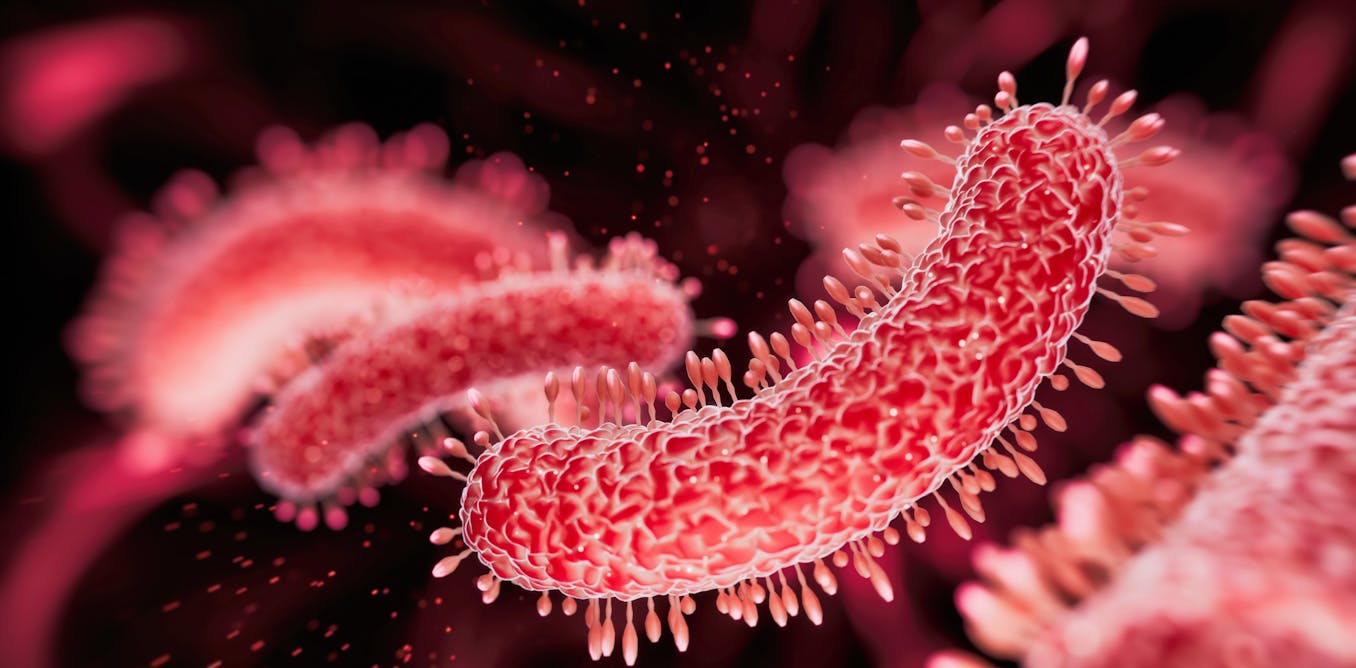A common parasite can decapitate human sperm − with implications for male fertility
If you’ve handled cat litter or eaten raw meat or unwashed produce, there’s a chance you might have a permanent toxoplasmosis infection spread throughout your body.
May 28, 2025 • ~9 min










